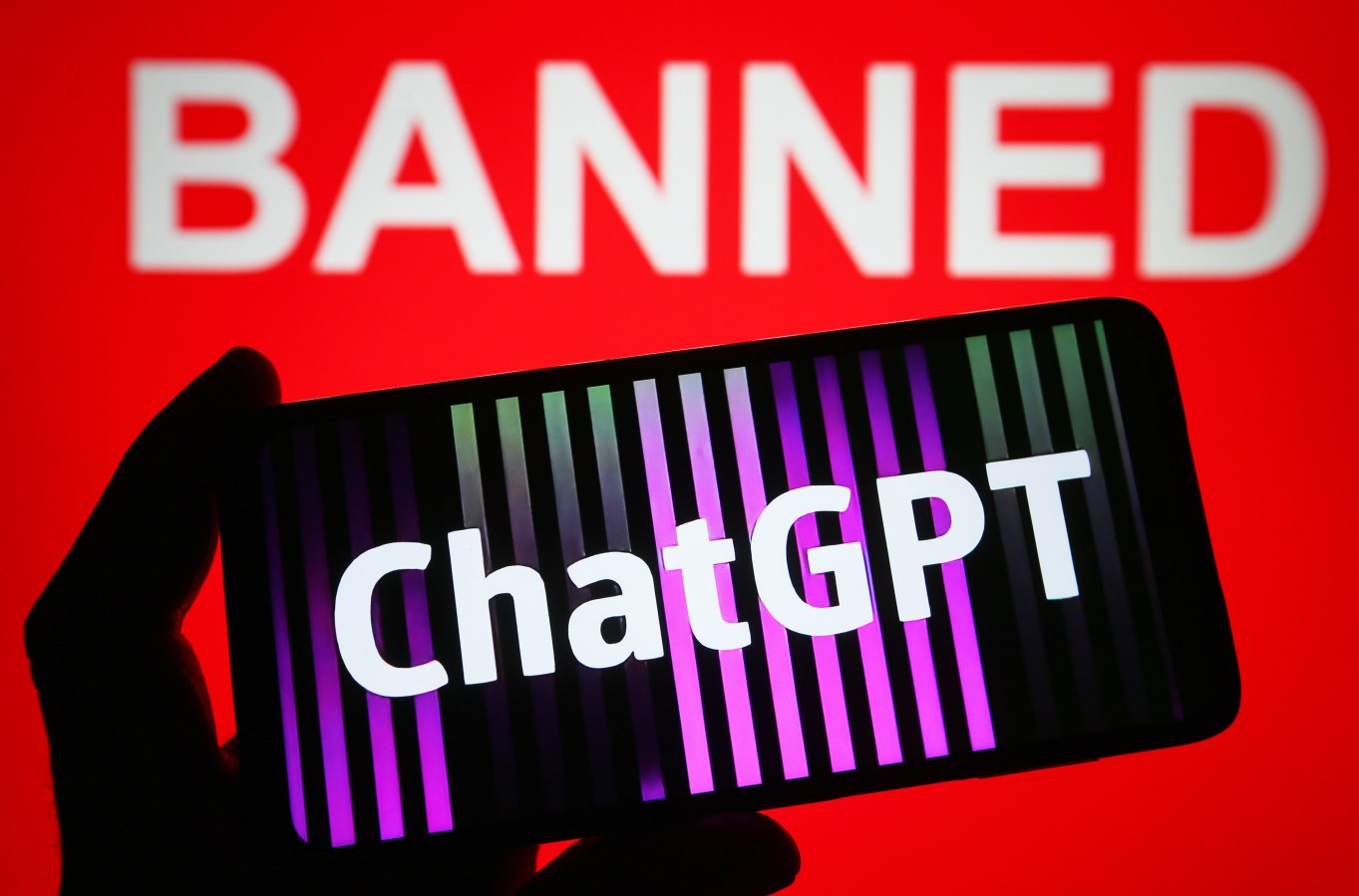
Samsung bans ChatGPT among employees after sensitive code leak
Samsung became the latest in a list of major firms to ban the use of generative AI tools in the workplace amid concerns that it could lead to leaks of sensitive information.

Samsung became the latest in a list of major firms to ban the use of generative AI tools in the workplace amid concerns that it could lead to leaks of sensitive information.

“I’m really frankly worried that millions of people are going to be without a job by the end of this year.”
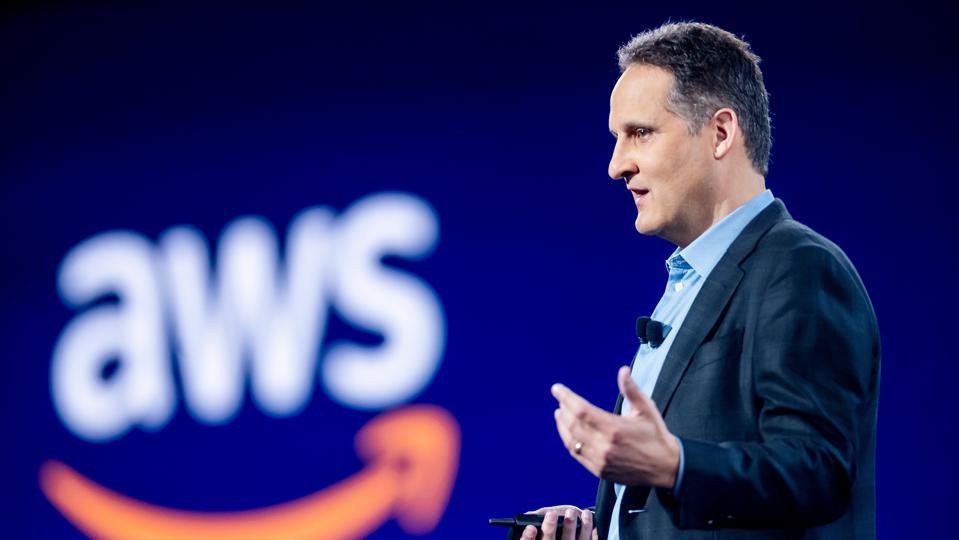
Amazon’s new AI service is focused on offering AI tools to businesses, including two large language models designed by the technology giant.
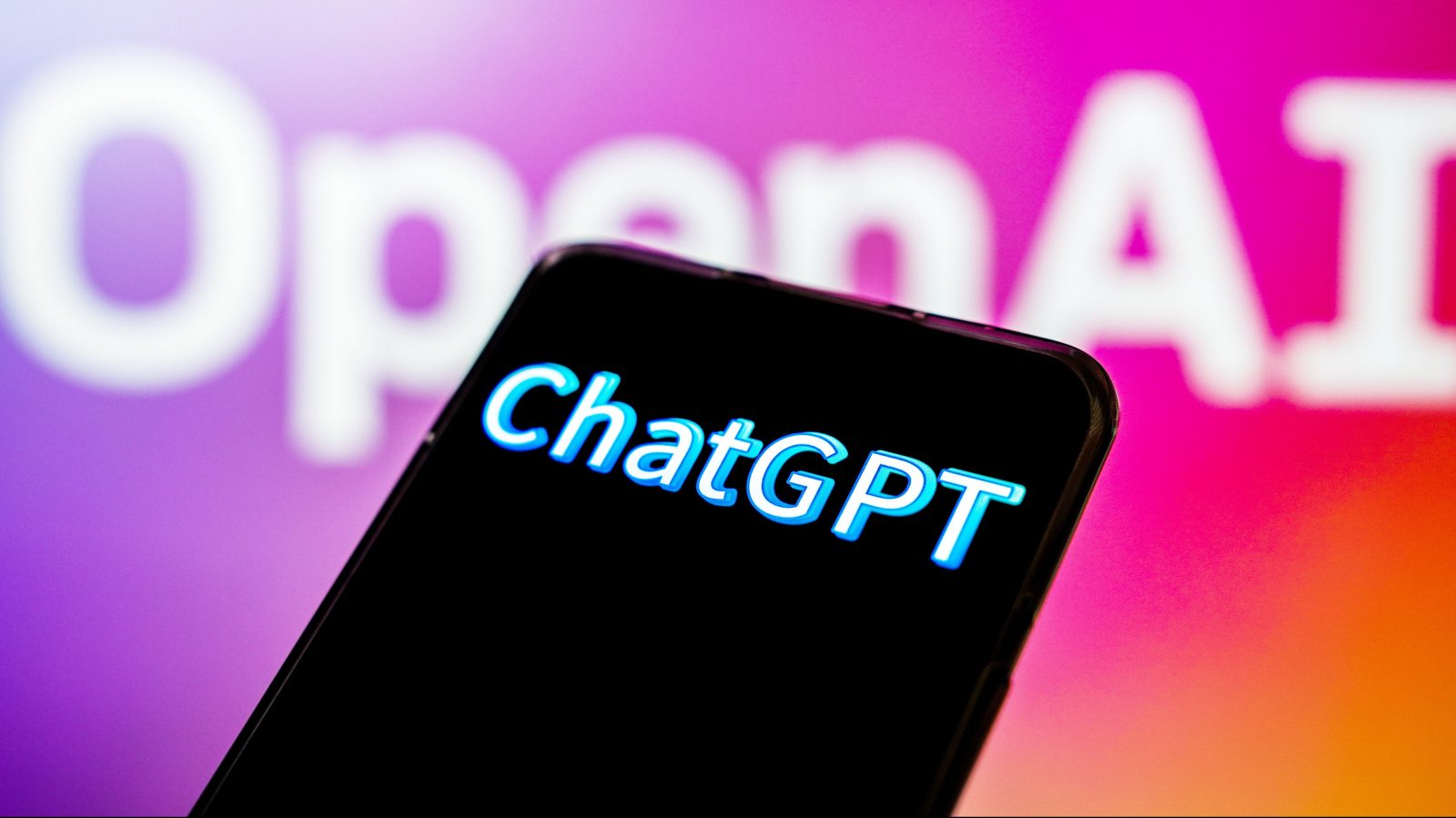
OpenAI is introducing its “bug bounty” program as artificial intelligence services face more scrutiny from government officials and within the tech industry.
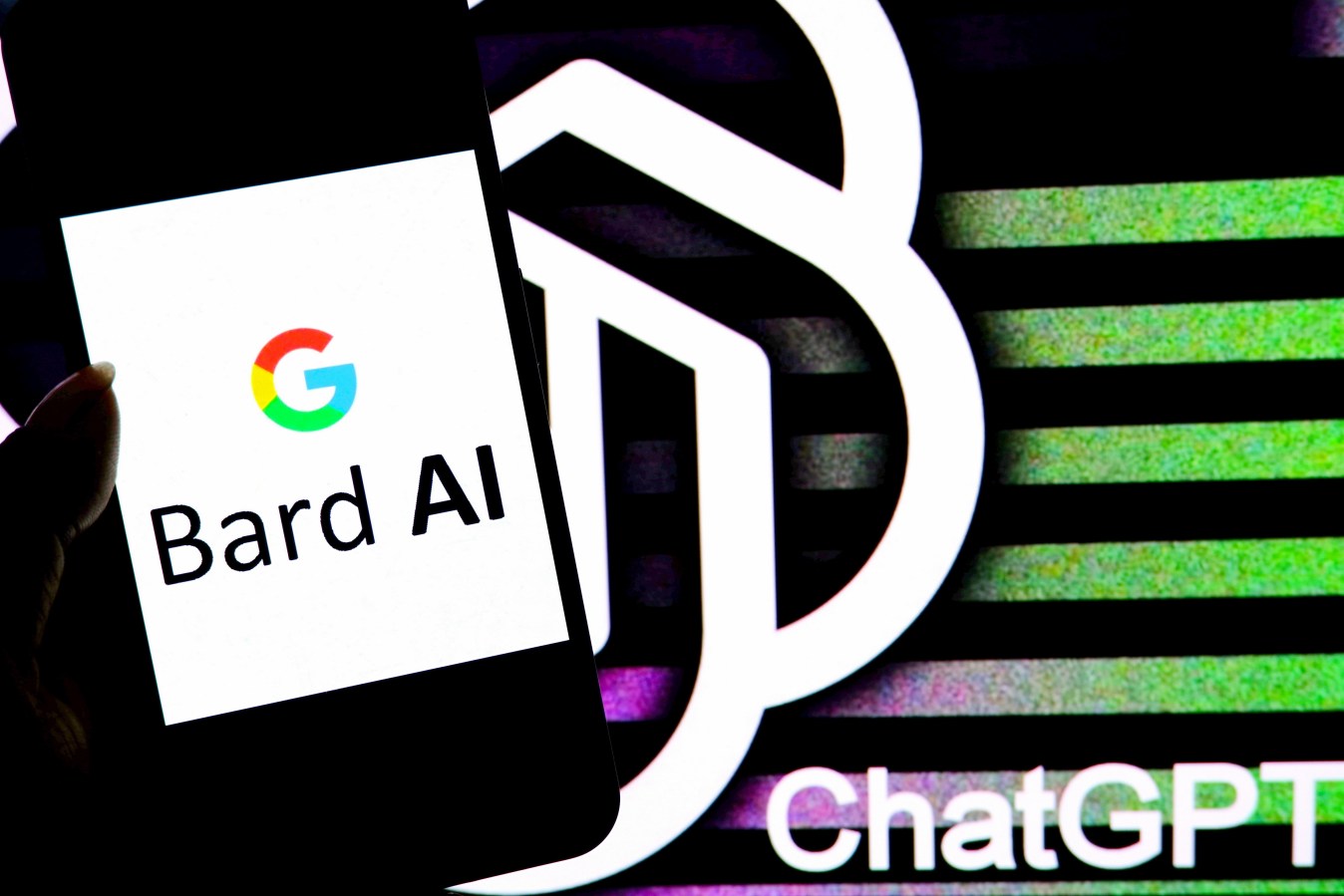
Both AI chatbots are large language models that give human-like responses to prompts and questions.

After Italy became the first Western country to block ChatGPT over lack of transparency in its data use, the question is: Who will follow?

It’s estimated that more than 300 million jobs worldwide will be affected by AI, and the most at-risk are white-collar workers.
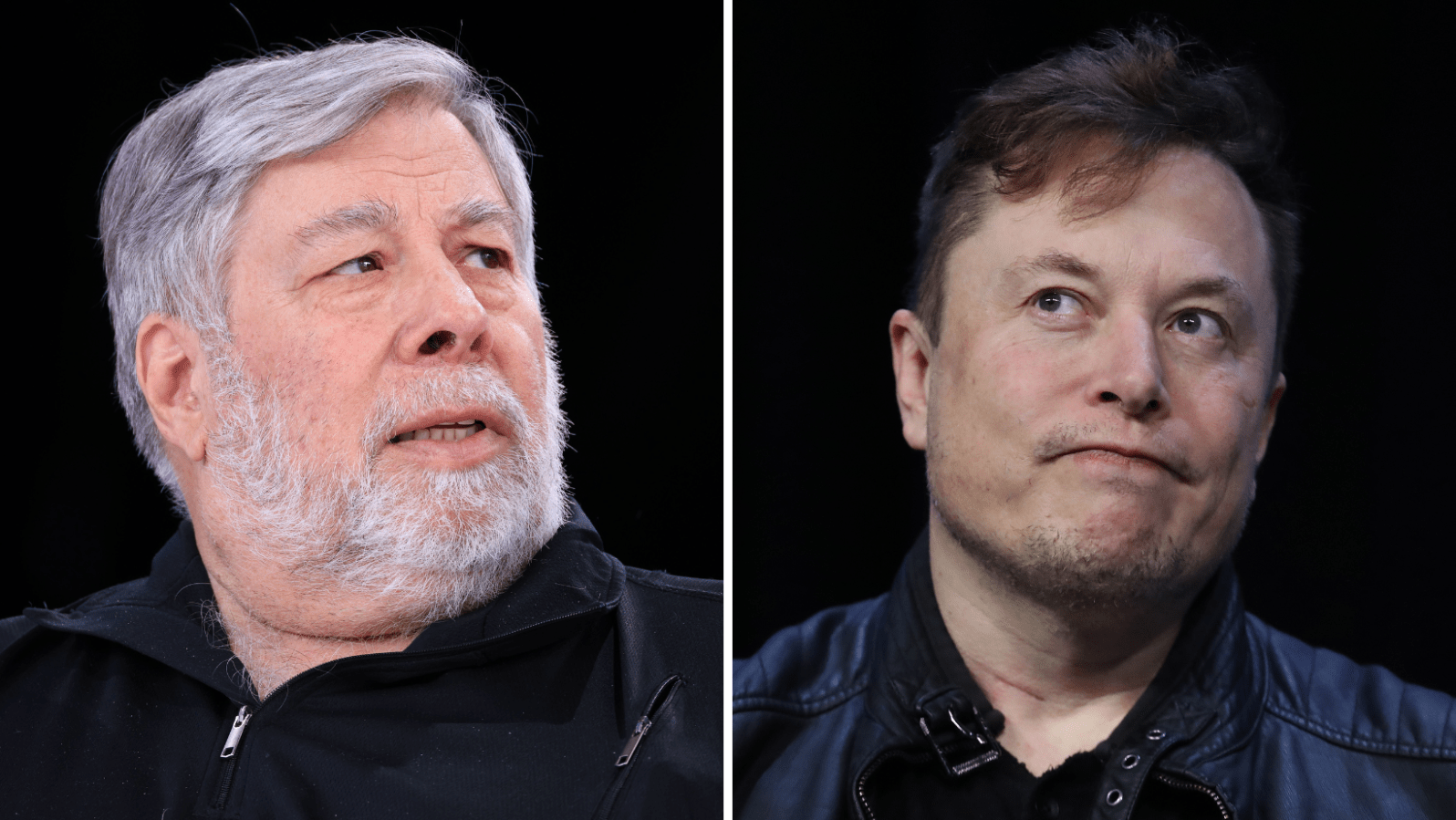
Labs have been “locked in an out-of-control race to develop and deploy ever more powerful digital minds that no one—not even their creators—can understand, predict, or reliably control,” said an open letter signed by the likes of Apple cofounder Steve Wozniak and politician Andrew Yang.

However, the new version of ChatGPT could have been a lot more contentious, the company admits and has instituted substantive new guardrails to prevent malicious answers.
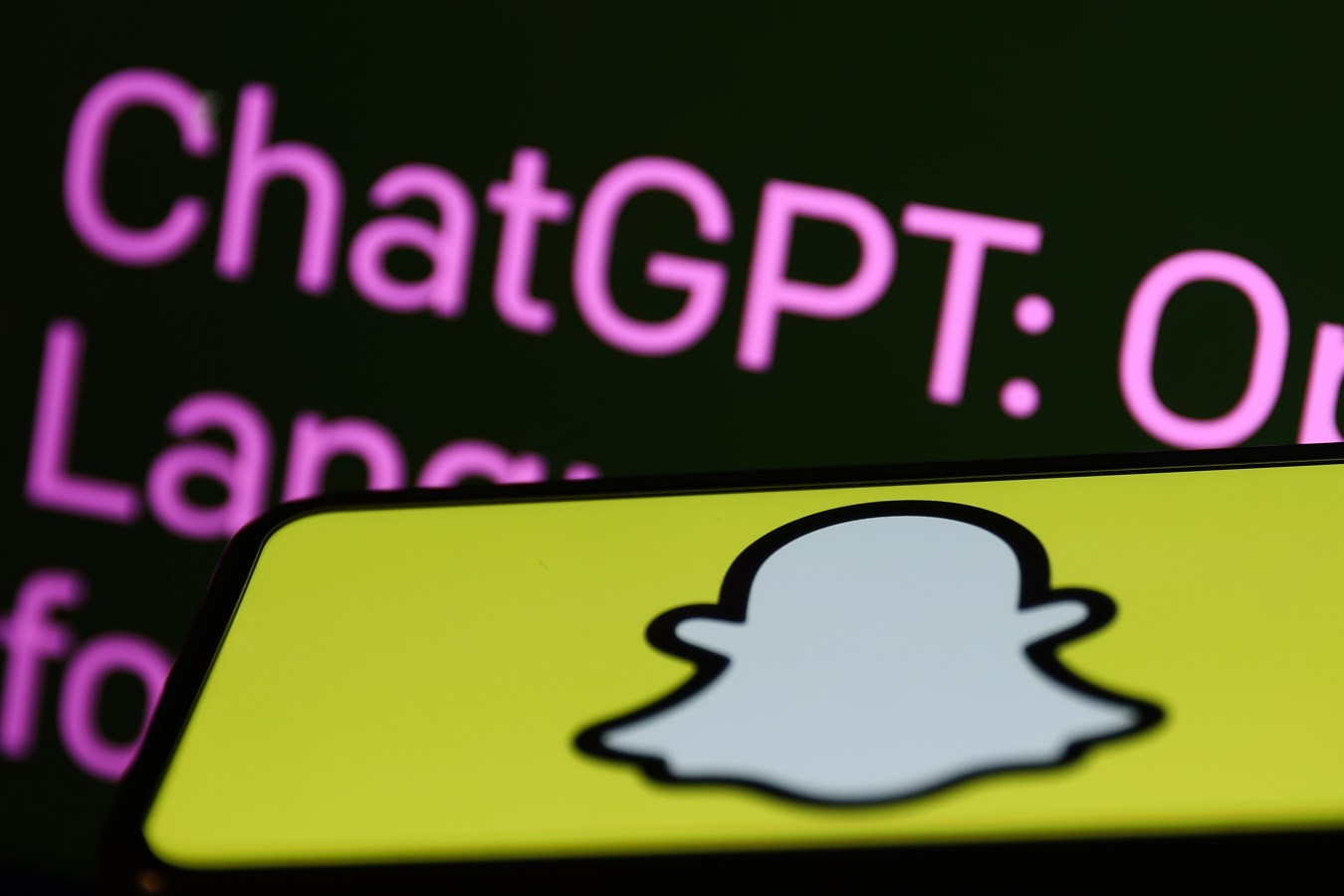
As the AI arms race continues, OpenAI revealed it partnered with several companies to integrate its technology.